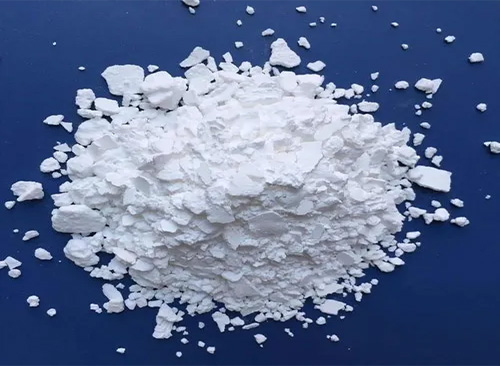
Calcium chloride is an inorganic compound, a salt with the chemical formula CaCl 2. It is a white crystalline solid at room temperature, and it is highly soluble in water. It can be created by neutralising hydrochloric acid with calcium hydroxide.
Calcium chloride is highly effective, and one of the most hygroscopic materials, when it comes to absorbing moisture from the surrounding air.
Absorption capacity
Calcium chloride desiccant absorbs more moisture when the relative humidity (RH) of the surrounding air is higher. And its absorption increases exponentially as RH rises, which is a remarkable result compared to other desiccants like silica gel and clay.
Key Benefits
One use for calcium is as a desiccant. Anything that qualifies as a desiccant means it’s used as a drying agent. Using calcium chloride in foods helps to absorb any moisture that would create an environment where bacteria would thrive.
It is also used both pre- and post-harvest to maintain firmness, reduce decay, and prevent certain diseases in fruits and vegetables
With such a widely-applicable benefit as a drying agent, calcium chloride is used in a number of applications. One of these applications includes de-icing and preventing the formation of ice. If you use rock salt in the winter for your home or business, you’re using a form of calcium chloride.

